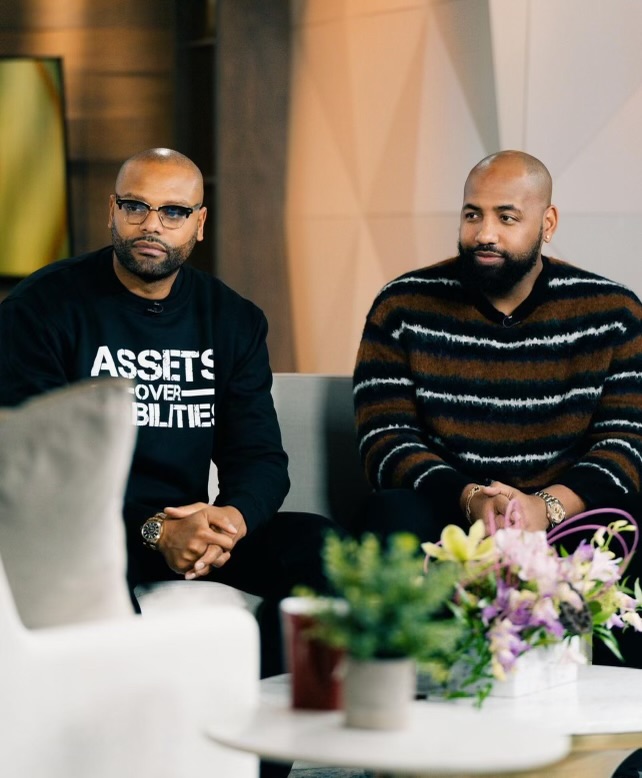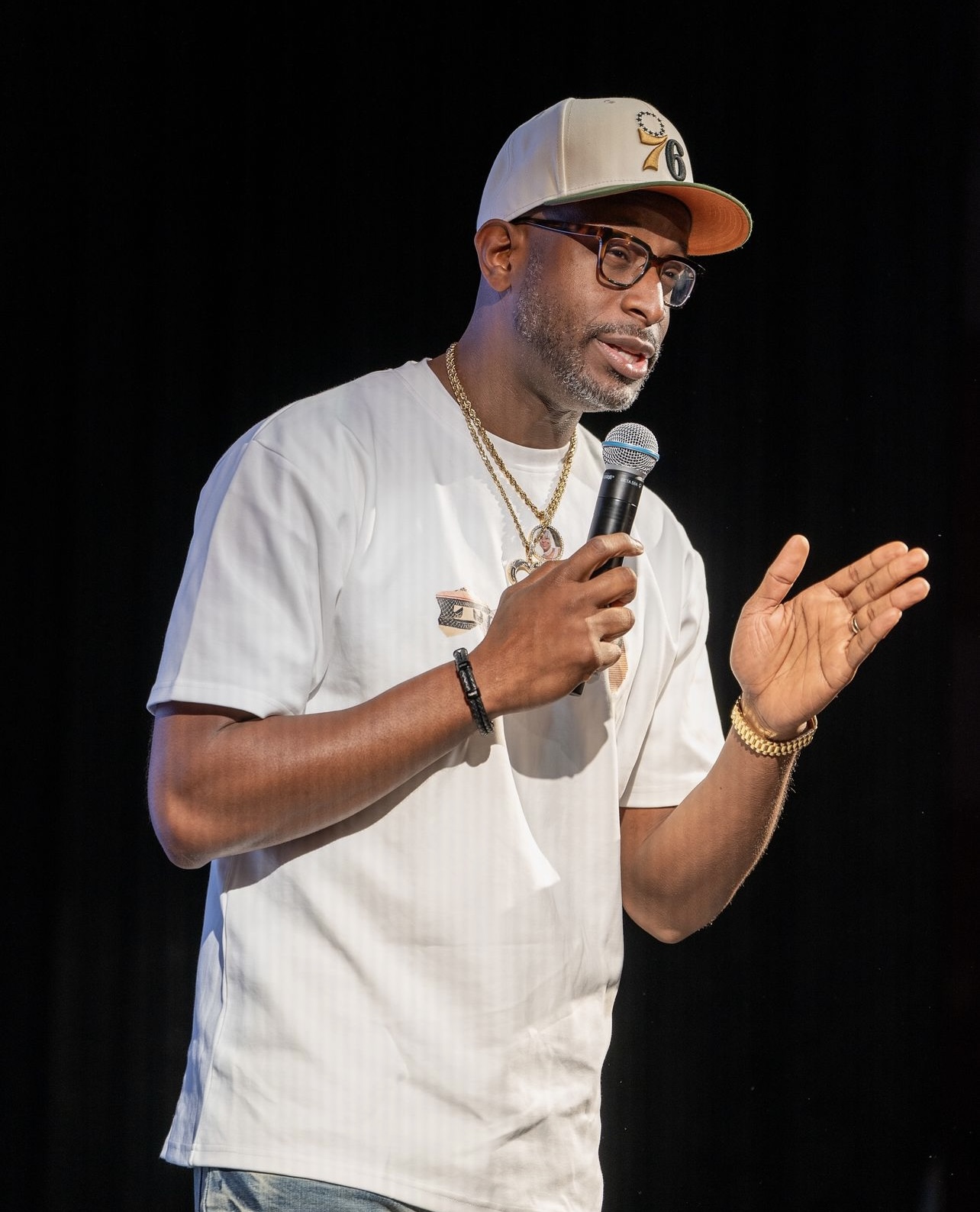The conviction of Donald Trump on 34 counts of falsifying business records marks a historic moment, making him the first former president to be convicted as a felon. The verdict concludes a six-week trial where prosecutors accused Trump of orchestrating an illegal conspiracy to influence the 2016 presidential election.
Trump was found guilty on all felony counts, which were related to falsifying records to cover up a hush money payment to porn star Stormy Daniels, who threatened to disclose her alleged affair with Trump before the 2016 election. The jury's unanimous decision now sets the stage for Justice Juan Merchan to determine Trump's sentence, scheduled for July 11.
While falsifying business records carries a maximum sentence of four years in prison, the actual outcome remains uncertain, considering factors such as Trump's lack of prior convictions and the nonviolent nature of the crime. The judge could opt for alternatives like home confinement, probation, fines, or community service.
Trump and his team swiftly responded to the verdict, with Trump declaring himself a "political prisoner" in a fundraising email and alleging the trial was "rigged." He plans to appeal the verdict, a process that could extend over several months or years. Additionally, Trump faces other criminal allegations, including charges related to subverting the 2020 election results and mishandling classified documents.
Despite the historic nature of Trump's conviction, its impact on his political prospects for the 2024 race remains uncertain. Recent polls suggest that the public views the hush money case as less serious compared to other allegations against Trump. Furthermore, Trump maintains a small lead over President Joe Biden in many swing-state polls, indicating limited fallout from the trial.
The trial shed light on the intricate details of the hush money scheme, involving Trump's former lawyer Michael Cohen and various individuals with ties to Trump. Testimonies revealed Trump's direct involvement in approving the payments and his efforts to conceal them in business records.
Ultimately, Trump's conviction adds to a series of legal setbacks he has faced in recent civil cases, including defamation and fraud lawsuits. For Manhattan District Attorney Alvin Bragg, who pursued the case despite skepticism, the verdict serves as a vindication of his efforts to hold Trump accountable for his actions.



